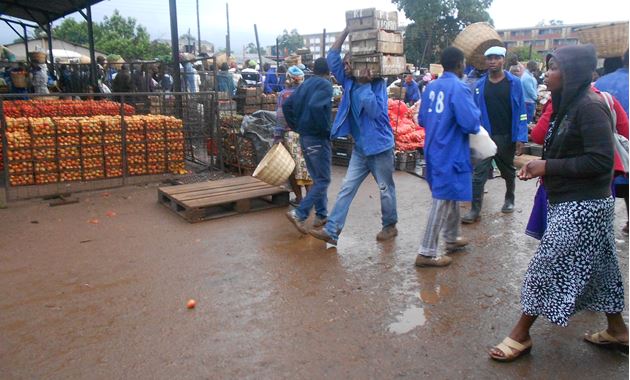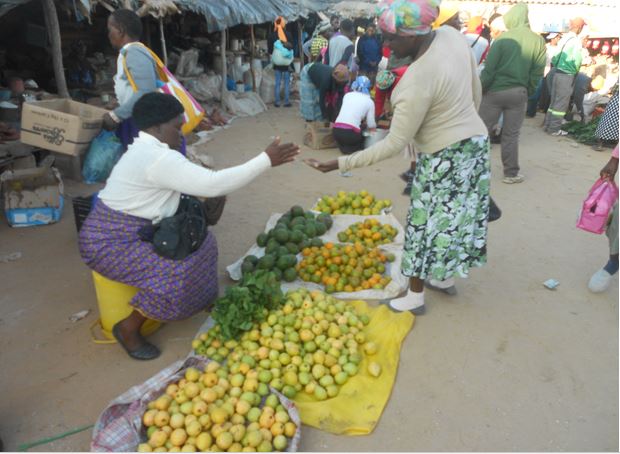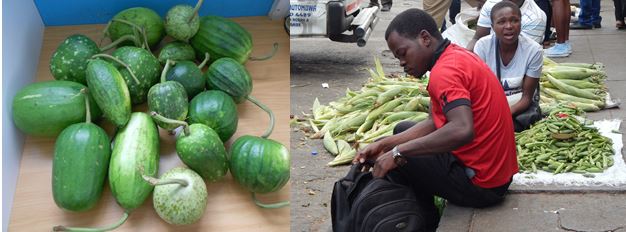Global business principles – local nuances
Somebody said a Chinese student who goes to study business in the West will return home and do business the Chinese way. An Indian student will do the same. It is not yet clear whether an African business student will also come back home and conduct business the African way. While business principles may remain Read more about Global business principles – local nuances[…]








